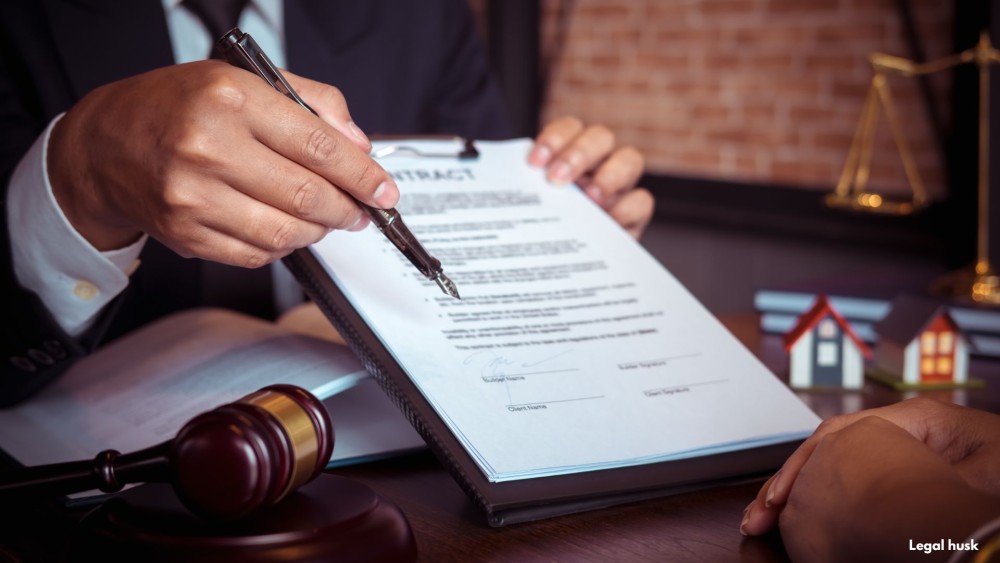
Discover strategies for successful Motion for Summary Judgment hearings. This guide covers preparation, arguments, and key tactics to strengthen your motion.
Successfully navigating a Motion for Summary Judgment (MSJ) hearing requires more than filing a strong motion—it demands careful preparation, persuasive advocacy, and strategic execution in the courtroom.
In this guide, we outline proven strategies to help you prepare for and argue your MSJ hearing effectively, ensuring you make the strongest possible impression before the judge.
Before stepping into the courtroom, master the legal standard that governs summary judgment.
Key Points:
No Genuine Dispute of Material Fact:
Argue that no material facts are in dispute and that your client is entitled to judgment as a matter of law.
Burden on the Opposing Party:
Emphasize that the opposing party must point to concrete evidence creating a genuine issue—not mere allegations or speculation.
Be ready to articulate clearly how the undisputed facts and legal standards align in your favor.
Tailor your arguments to address the judge’s likely priorities and questions.
Best Practices:
Be Concise:
Get to the heart of your argument without unnecessary repetition.
Stay Responsive:
Listen carefully to the judge’s questions and respond directly and confidently.
Effective communication with the court can often be as important as the content of your argument.
Preparation for the opposition’s counterarguments is crucial.
A. Address Alleged Factual Disputes:
Show why any purported factual disputes are immaterial or unsupported by evidence.
B. Counter Legal Challenges:
Be ready to cite statutes, case law, and procedural rules that firmly back your legal position.
Tip:
Anticipating opposition arguments strengthens your credibility and shows that you control the narrative.
Well-organized exhibits can decisively support your motion.
Effective Exhibit Strategies:
Highlight Key Exhibits:
Clearly reference crucial documents during oral argument.
Demonstrate Relevance:
Explain how each exhibit supports your legal arguments or factual assertions.
Providing exhibits efficiently during the hearing can help clarify complex issues for the judge.
Professionalism and preparation go hand-in-hand during motion hearings.
Preparation Tips:
Organize Your Argument:
Have a clear outline and stick to it during the hearing.
Prepare Rebuttals:
Be ready to pivot and counter unexpected arguments from the opposition.
Maintain Composure:
Your demeanor contributes to your overall persuasiveness.
Technical compliance can make or break your MSJ.
Checklist Before the Hearing:
Confirm that all filings are timely and comply with local court rules.
Anticipate procedural objections and be prepared to explain compliance.
Know the court’s preferred procedures for MSJ hearings, including exhibit management and citation styles.
Being procedurally airtight avoids unnecessary distractions from the merits of your motion.
Remember: MSJ hearings are about law, not about retrying the entire case.
Focus Points:
No Need for Trial:
Reiterate why the legal standard for summary judgment is met.
Avoid Overcomplication:
Streamline complex facts into simple, digestible arguments.
Avoid Repetition:
Make your point and move on to maintain the judge’s attention.
Stay laser-focused on convincing the judge that a trial would be unnecessary.
Always end your argument with a confident, organized request for the specific relief you seek.
Closing Strategy:
Be Direct:
Summarize why there are no material disputes and why the law mandates judgment in your favor.
Reinforce Key Points:
Briefly recap the strongest elements of your argument before concluding.
Leave the judge with a clear, memorable reason to grant your motion.
A successful Motion for Summary Judgment hearing demands thorough preparation, anticipation of opposition, focus on legal issues, and strategic communication with the court. By remaining calm, organized, and focused on the absence of material factual disputes, you can maximize your chances of securing judgment before trial.
Effective MSJ hearing advocacy is a blend of legal mastery, evidence management, and professional courtroom demeanor—all working together to achieve early resolution.
Preparing for a Motion for Summary Judgment hearing? Legal Husk’s expert team can help you organize your argument, anticipate opposition, and present your case with clarity and confidence.
📌 Ready to master your next MSJ hearing and maximize your chance of success?
👉 Visit:
🔗 legalhusk.com
🔗 legalhusk.com/services
🔗 legalhusk.com/about-us
Trust Legal Husk to help you win your case—before it ever reaches trial.
📩 Ready for a court-ready motion for summary judgment at a predictable price? Contact Legal Husk for expert support.
Whether you are dealing with a complex family matter, facing criminal charges, or navigating the intricacies of business law, our mission is to provide you with comprehensive, compassionate, and expert legal guidance.